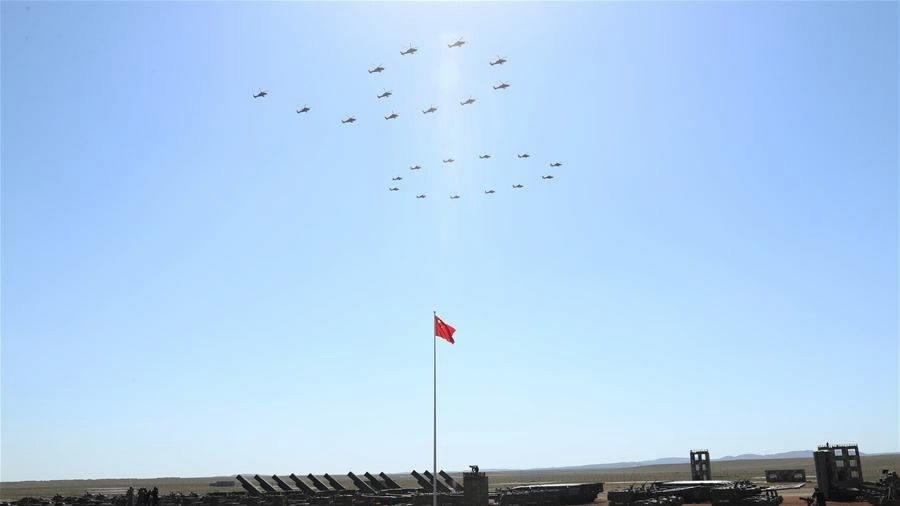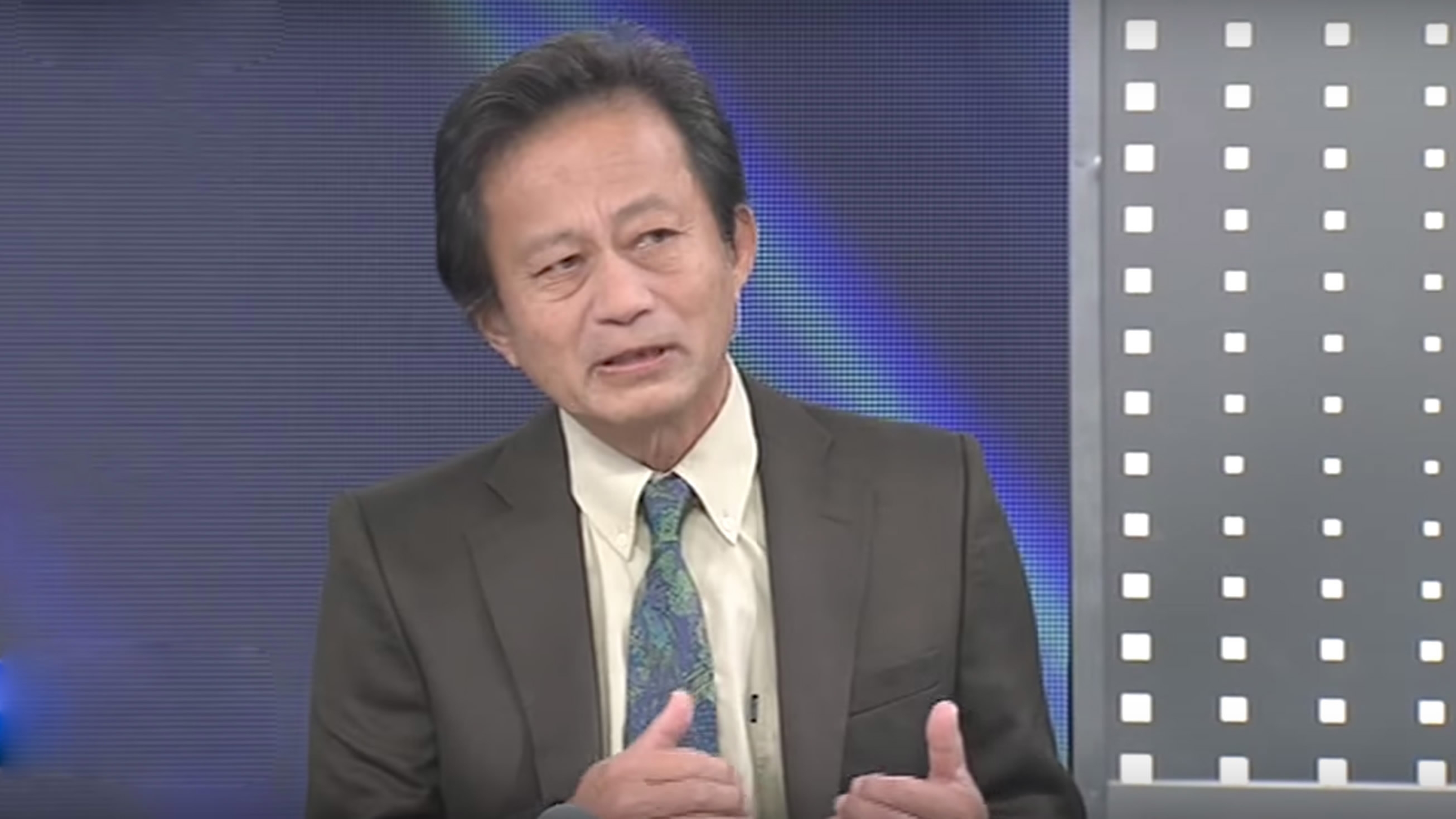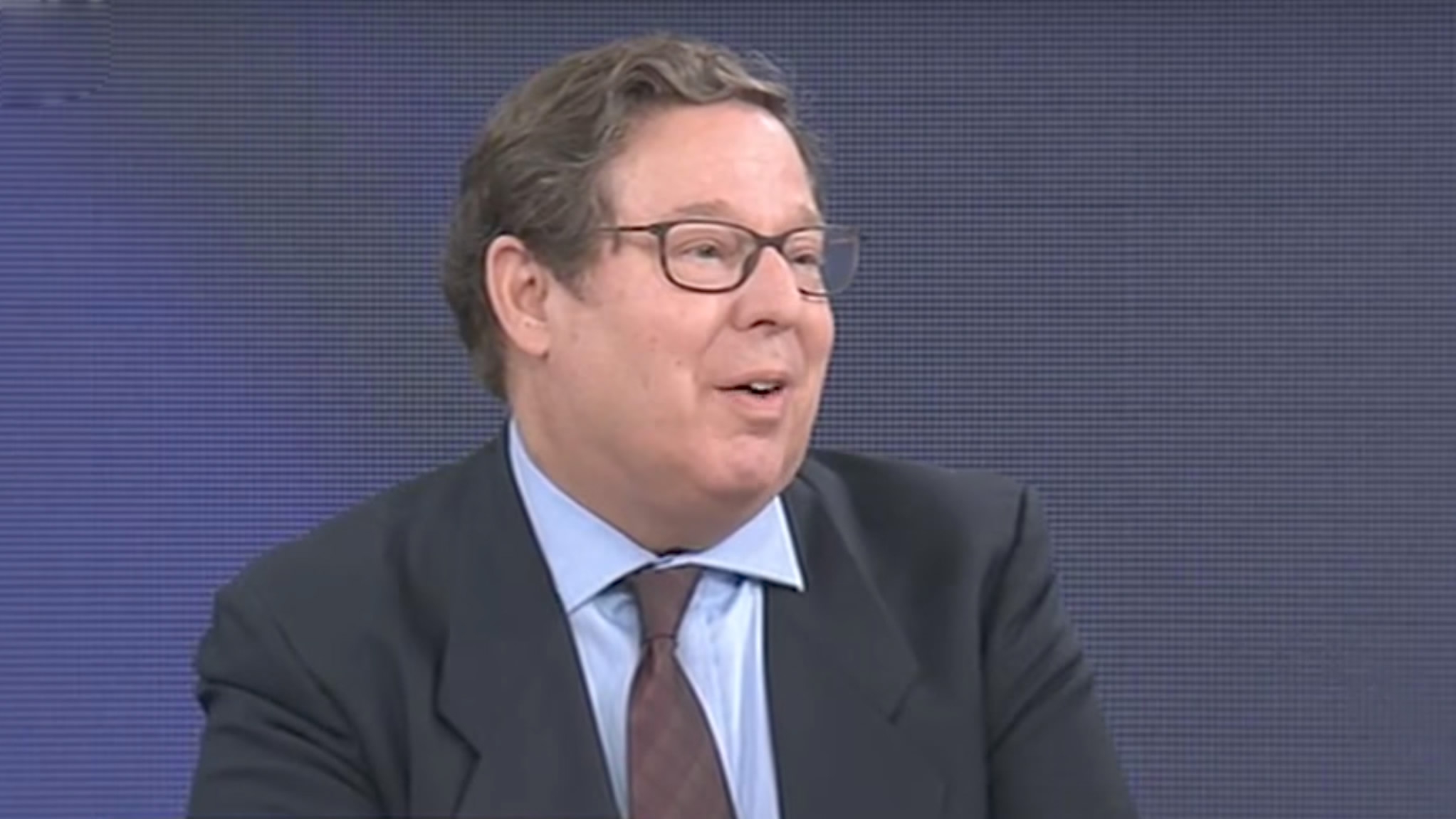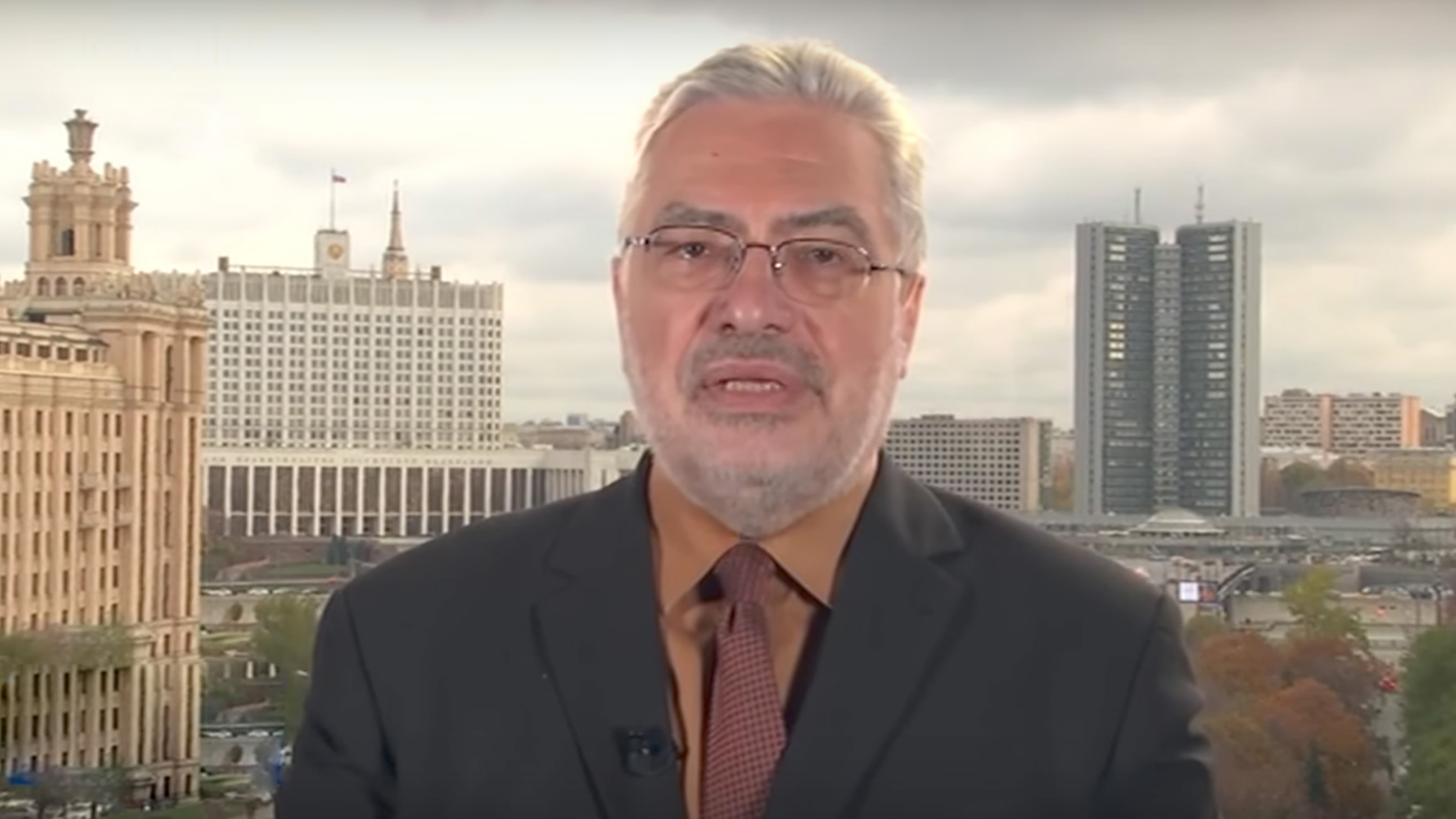
Opinions
18:24, 23-Oct-2017
Is China’s new era a threat to other countries?
Guest commentary by CGTN’s Dialogue

At the opening session of the 19th CPC National Congress last week, Xi Jinping, General Secretary of the CPC Central Committee pledged to usher in a new era of socialism with Chinese characteristics. Since then, experts have discussed what the new era may mean for other countries.
Speaking to CGTN Dialogue, Yoichi Shimatsu, a former editor with The Japan Times, said China’s success story has prompted the Japanese government to focus on its own domestic issues.
Shimatsu said Japan’s ruling party once focused on inciting confrontations with China, but lately the tune of their agenda has changed. “There has been no war. There has been no threat,” he said.

China’s poverty reduction has been remarkable in recent years, he added, but it is still an issue the government will have to address moving forward.
Rick Dunham, a visiting scholar at Tsinghua University, said China is going to work internally to develop and export its economic influence to the world under the new era idea.
He said Xi’s emphasis on military is not related to a possible conflict between China and the United States.

“China is building up, but the military buildup in terms of percentage is not as big as the United States,” he said. He also disagreed with many skeptics that say China’s growing military force is a threat to the US.
Russian defense analyst Pavel Felgenhaur said China’s next stage is to move to the post-industrial state, while modernizing to a high standard will remain a challenge.
Managing the transition into the new era under Party rule will also pose a challenge for China, he added.
Felgenhaur said that the Chinese model is a successful one that Russia wants to imitate; however, the development of China as a world power is likely to affect the relationship between the two countries.
“Now we are best friends. But what will happen in 10, 20, 30 years -- there are different opinions here in Moscow about that,” he said.


SITEMAP
Copyright © 2018 CGTN. Beijing ICP prepared NO.16065310-3
Copyright © 2018 CGTN. Beijing ICP prepared NO.16065310-3